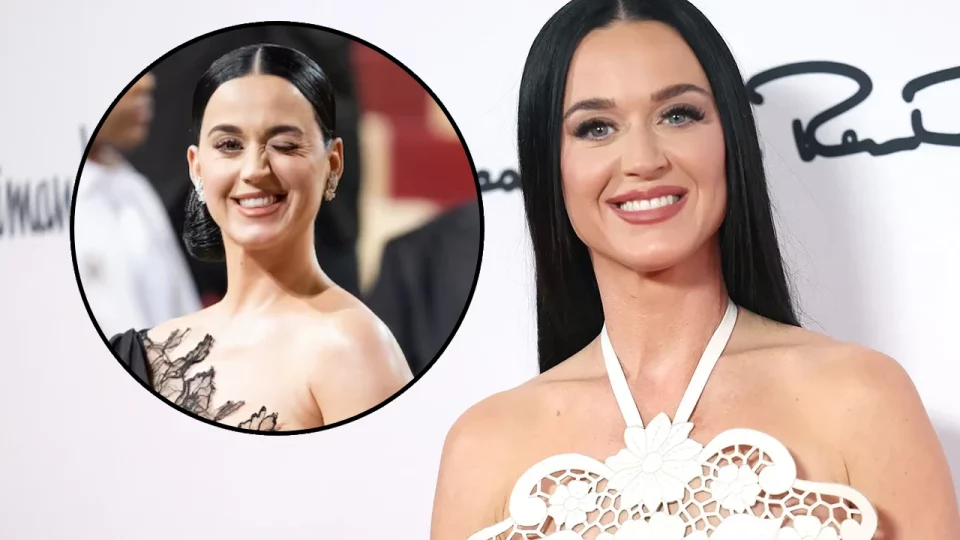The long-running legal dispute between pop superstar Katy Perry and Australian fashion designer Katie Taylor, who operates under her birth name Katie Perry, has reached a dramatic conclusion.
The legal clash, which began in 2019, centered around trademark infringement claims and the usage of the name “Katy Perry” in Australia. After years of litigation, the appeals court ruled in favor of the “Hot N Cold” singer, overturning a previous decision that had supported the designer.
This high-profile case has sparked conversations about intellectual property rights, brand identity, and the challenges of navigating overlapping trademarks.
Table of Contents
A Clash of Names and Trademarks
The dispute began when Katie Taylor filed a lawsuit against Katy Perry in 2019, claiming that the singer’s merchandise from her 2014 Australian tour violated a trademark Taylor had registered in 2008. Taylor’s fashion label, operating under the name “Katie Perry,” specialized in comfortable and stylish clothing, and she had built her brand around her name. When the singer Katy Perry’s products entered the Australian market, Taylor argued that it caused confusion among consumers and diluted her brand’s identity.
In April 2023, Taylor secured a victory in court when a judge ruled that Katy Perry’s use of the name on tour merchandise infringed on Taylor’s trademark. However, this decision was short-lived. On Friday, three appeals judges overturned the ruling, siding with the pop star. They argued that Katy Perry had been using her name as a trademark since 2003, five years before Taylor’s trademark application. The court also nullified Taylor’s trademark registration, finding it to be opportunistic and primarily reactive to the singer’s burgeoning fame.
The Judges’ Perspective
The judges’ decision hinged on several critical points:
- Prior Usage of the Name: Katy Perry, born Katheryn Hudson, began using “Katy Perry” as her professional name in 2003, solidifying her identity as an artist. This predated Taylor’s trademark application by several years, giving the singer a stronger claim to the name in a global context.
- Consumer Confusion: The court acknowledged that while the names are identical, the likelihood of consumers confusing a pop star’s merchandise with a niche Australian fashion label was minimal. The products targeted different audiences and markets, reducing the risk of substantial harm to Taylor’s brand.
- Motivations Behind the Trademark: The ruling also questioned the timing of Taylor’s trademark application. The judges suggested that Taylor may have been aware of Katy Perry’s growing international fame when she filed her application, implying that the move could have been partially motivated by an intent to capitalize on the singer’s success.
The Aftermath for Katie Taylor
For Katie Taylor, the ruling was devastating. Speaking to The Guardian, she expressed her disappointment and frustration, stating, “This case proves a trademark isn’t worth the paper it’s printed on.” Taylor emphasized that her fashion label, which she described as a lifelong dream, has been deeply affected by the legal battle.
Taylor outlined the personal and professional toll of the case:
- Loss of Trademark: The nullification of her trademark means Taylor can no longer claim exclusive rights to the name “Katie Perry” in her business, effectively undermining her brand identity.
- Financial and Emotional Impact: Taylor mentioned that the litigation had drained her resources and caused significant stress. “I have lost everything, including my trademark,” she lamented.
- Challenges for Small Businesses: The case highlights the uphill battle faced by small businesses when competing with global celebrities or corporations with vast legal resources.
Despite the setback, Taylor remains passionate about her brand and vowed to continue pursuing her dreams, albeit under new constraints.
What This Means for Katy Perry
Katy Perry has yet to comment publicly on the ruling, but the decision represents a significant victory for the pop star. It allows her to continue selling merchandise in Australia without legal restrictions tied to the trademark dispute. The ruling also reinforces her global brand identity, affirming her longstanding use of the name as part of her professional persona.
The case sheds light on the complexities of trademark law, especially for public figures whose names double as brands. It also underscores the importance of securing intellectual property rights early in a career, particularly in industries where branding is paramount.
